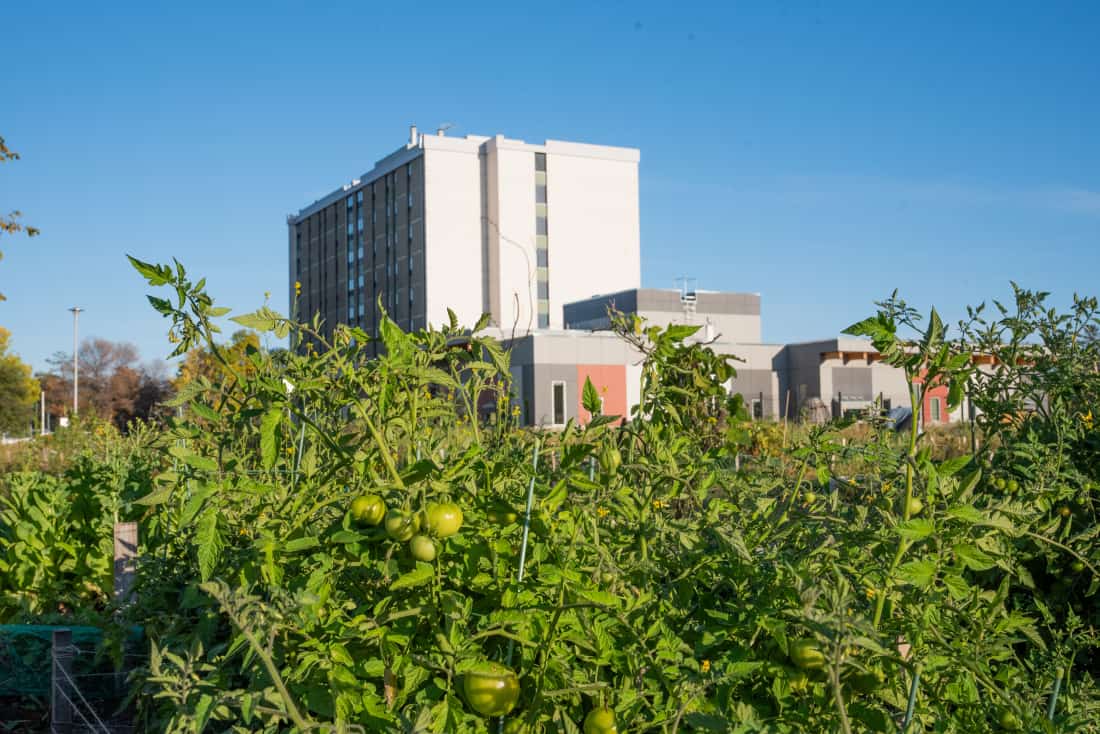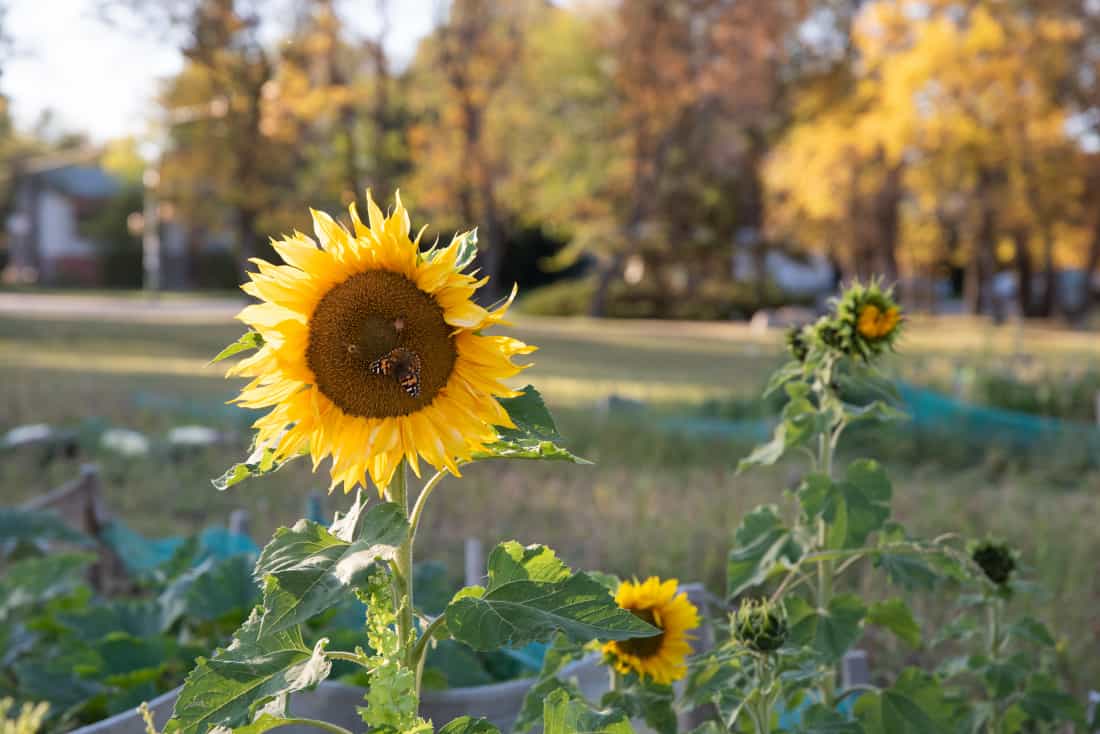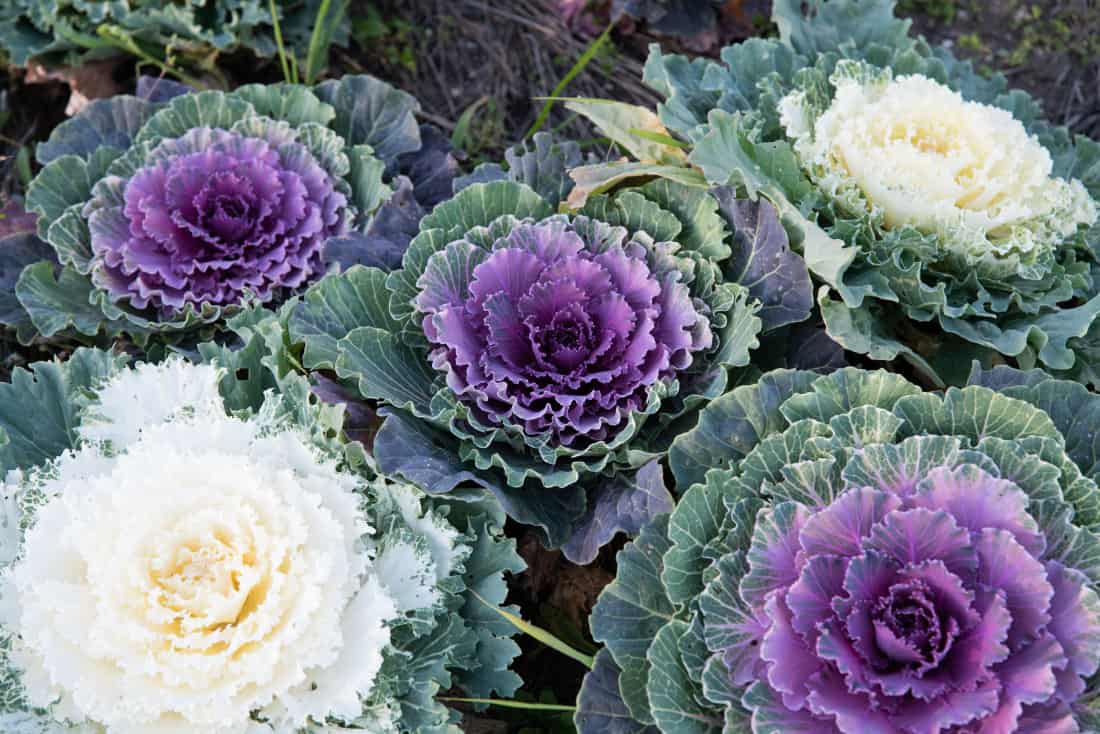
Starting anew at university is a major life change. Life is fast-paced and one is surrounded by thousands of other students who also have a lot on their plates. Now, add being an immigrant to the mix.
There are new customs and lifestyles to get used to because society operates with completely different rules. Your mother tongue is no longer vernacular, so you have to learn a new — and frankly, very confusing — language. The food is foreign, the holidays are unfamiliar and most perplexingly — what the heck is a “Purple People Eater?”
Such is the experience of international and new immigrant students here at the university.
Thankfully, places like the McEown Community Garden can help them begin to feel welcome at the university. The community garden has cultivated both relationships and vegetables alike. The gardeners and their families meet new people and learn new perspectives from the others around them.
Jebunnessa Chapola, the co-ordinator of the garden, has been involved with it for the past eight years. Like many others, she is an immigrant to Canada, a country whose culture is very different from what she is used to. But through the gardening community program, she was able to integrate herself and create a home in a previously unfamiliar place.
The garden, with the help of Elders from the Indigenous community, taught the gardeners many things. The land is for sharing, not owning. Also, in order to not only grow but thrive, we must work together. With this knowledge, we can better understand reconciliation by learning more about the land we use to grow our food.

Another major teaching from the garden was the notion that we came from the land and will return to the land. This is an Indigenous worldview meaning that we were created from the Earth by using its supplies to grow, and eventually, when we die, our nutrients go back into the Earth. It is a cycle of taking and giving. Due to this shared and respected school of thought, the garden is currently thriving and is home to 78 plots.
Each plot is filled with a harvest of vegetables like tomatoes, spinach, carrots, radishes and more. Some gardeners plant flowers for no other reason than just because they want to.
Due to the diversity of the plots and the gardeners themselves, the garden has become a welcoming community for those who are new to the university. It is a safe space for those who desire it, and Chapola says that it is “a space for immigrant women empowerment.”
To uphold this sense of empowerment and safety, the garden plans an annual community potluck with their harvest. This involves the gardeners and other people involved making their cultural dishes to bring and share amongst themselves and others.
This cross-cultural potluck shows that no matter what differences you have, good food unites all.
The potluck is not the only event the garden holds. Chapola has organized other events for new families such as art workshops for the kids, teachings on reconciliation and blanket exercises. Because of these events, Chapola hopes that other passionate individuals will continue to join and expand the gardening community to become even more diverse than it currently is.

It’s a wonderful chance for new families and students in residents to go out and spend time with their loved ones while also creating new relationships in a dynamic, accepting environment.
To get involved, contact the residence offices. The gardening supplies are free, so anyone is more than welcome to grow something of their own. As Chapola said, “We come from land and will return to land,” so why not give back while we can?
—
Yashica Bither
Photo: Victoria Becker/ Photo Editor